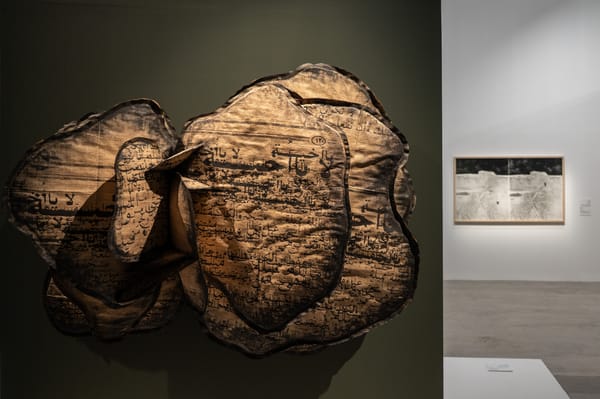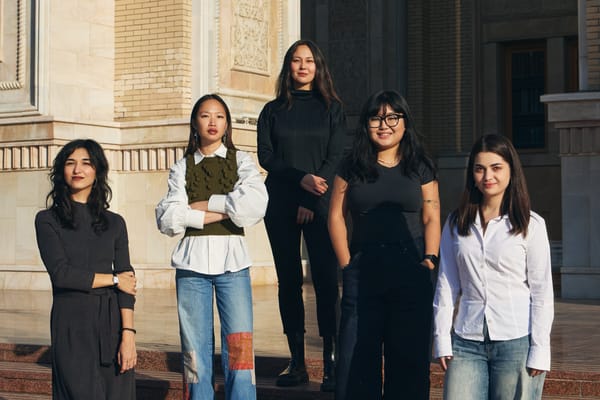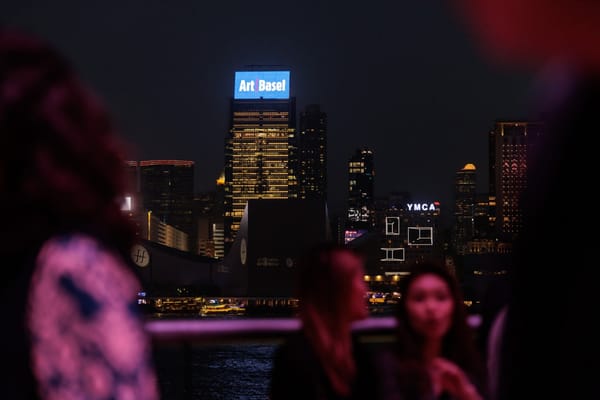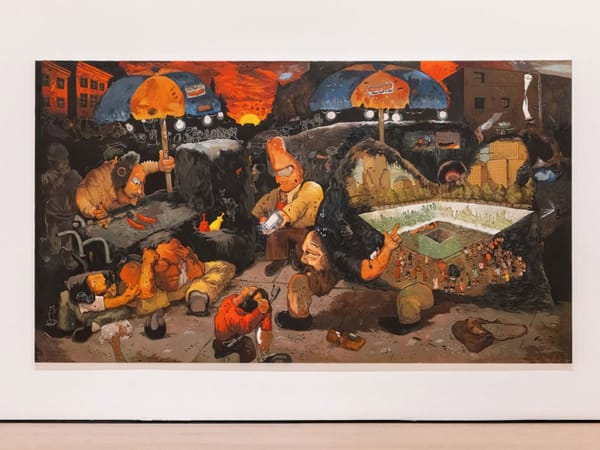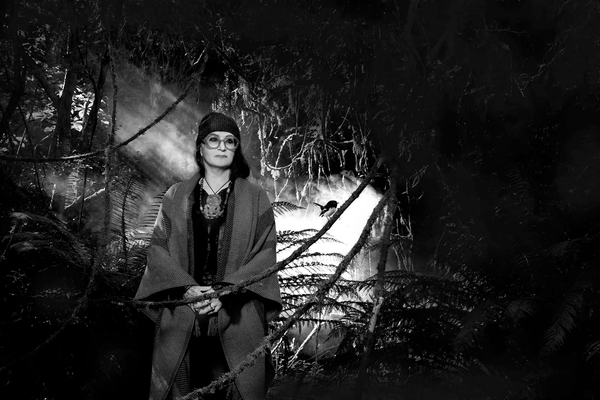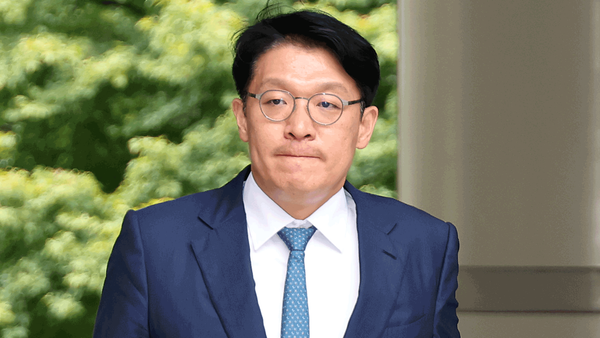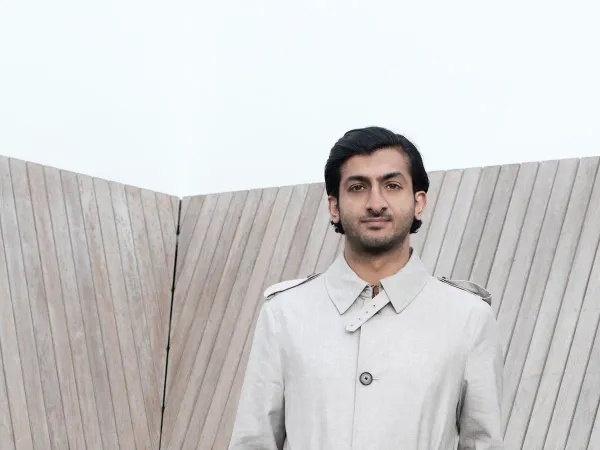News
Jewish Artist’s Exhibition in Germany Canceled Over Her “Controversial Statements” on Gaza


On November 24, a museum in the southwestern German city of Saarbrücken quashed Berlin-based artist Candice Breitz’s 2024 exhibition over her condemnation of Israel’s retaliatory assault on Gaza, which has led to approximately 14,000 Palestinian causalities since Hamas’s initial attack on October 7. Breitz, who grew up in Apartheid South Africa and is Jewish, reportedly learned that her show at the Saarland Museum’s Modern Gallery had been cut from the programming via an article in the local newspaper Saarbrücker Zeitung.
A press release dated November 24 from the Saarland Cultural Heritage Foundation, which manages the Saarland Museum, cited “the media coverage of the artist in connection with her controversial statements in the context of Hamas’ war of aggression against the state of Israel” as its reason for canceling Breitz’s show. Known for her tongue-in-cheek political artwork, such as her current exhibition at Berlin’s Fotografiska “Whiteface” on everyday racism and white fragility, the artist planned to exhibit TLDR (2017), a video installation that highlights sex workers in Cape Town. The press release continued: “By canceling the exhibition, the [museum] would like to make it clear that, against this background, it is not ready to offer a podium to artists who do not clearly position themselves against the terror of Hamas.”
Along with being Jewish herself, Breitz had, in fact, notably condemned Hamas’s attack last month, after receiving a bombardment of egregious, hateful messages. One such note called her a “Hamas-loving b*tch,” adding “You don’t deserve to be called a Jew,” while another stated, “You deserve to live with Nazi Krauts in Germany.” Her Instagram post on October 31 responded: “It’s likewise possible to support the Palestinian struggle for basic rights and human dignity—including liberation from decades of oppression—while unequivocally condemning the horrific carnage exacted on 7 October, and the cruel stranglehold that Hamas exerts on Gazan civilians (to the advantage of Israel’s sadist leaders). Hamas is not Palestine.”
Speaking to Monopol magazine, Breitz claimed that although her exhibition had been in the works for three years, the Saarland Museum did not reach out to her before announcing it had ended their collaboration. Rather, noting that its press release mentions “media coverage of the artist,” Breitz believes the museum was influenced by an accusatory report published November 19, titled “From pogrom to ‘Poetic Justice,’” that characterized Bretiz’s and other artists’ pro-Palestinian activism as conceding to antisemitism.
Written by Jewish filmmaker, writer, and researcher Jonathan Guggenberger for the German newspaper Taz, the article discusses the cancellation of another event Breitz was set to curate last month with Michael Rothberg, a Jewish-American scholar who specializes in Holocaust Studies. The conference, “We Still Need to Talk: Towards a relational culture of memory,” intended to debate how Germany can reckon with collective remembrance and latent bigotry without resorting to censorship. After October 7, it was canceled by its organizers, the Federal Agency for Civic Education, because according to a spokesperson, Germany was in “mourning and solidarity with Israel and the victims.”
Guggenberger’s article argued that while one ought to critique undue suppression, that was not the case for “We Still Need to Talk.” Rather, he states “the alleged censorship is linked to media-friendly terms such as ‘McCarthyism’” by guilt-ridden activists—and because Breitz takes her politics from “feedback loops on social media,” she “doesn’t want to know anything about” how antisemitism is surging in Germany and beyond.
Breitz later responded in her Monopol interview: “How can the author dare to assume, without talking to me or knowing anything about my personal relationship with Judaism, that I am not deeply affected by the ongoing antisemitism and hateful violence that Jews experience again and again in this country?”
The news comes at a time of escalating censorship in the German arts and culture sphere. Recent controversies—including Documenta’s entire Finding Committee resigning after its member Ranjit Hoskote was slandered as antisemitic by German media; city authorities nixing plans for the March 2024 Biennale für aktuelle Fotografie because the event’s cocurator Shahidul Alam denounced the Israeli campaign in Gaza on social media; and the cancellation of Palestinian artist Emily Jacir’s talk in Berlin, along with numerous other unpublicized acts of silencing or deplatforming those critical of the Israeli war—has incited concern about Germany’s exertion of power over freedom of expression. The sudden blocking of Breitz’s planned exhibition raises questions about whether if in its attempts to mitigate antisemitism, Germany is in fact perpetuating it by silencing “controversial” Jewish voices.
Anna Lentchner is assistant editor at ArtAsiaPacific.
